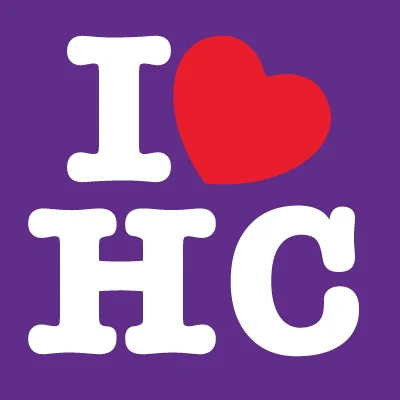Since joining Switchboard last year, I’ve seen the reaffirmation of three critical principles that drive successful alumni engagement. These golden rules apply to every type of alumni community—schools and universities, other non-profits, and corporate alumni networks alike. I’ve worked in alumni relations professionally since 1989, have blogged about alumni relations for 11 years, and have consulted on it for about 50 organizations in a dozen countries.
And through it all, these basic tenets have held true.
They’re the kind of things that sound obvious when you hear them. Mentioning these guidelines generates vigorous and sincere agreement from consulting clients, but scanning the profession, I see many organizations that ignore them in practice.
Announcing Switchboard's New Higher Education Innovation Fellows Program
We talk a lot in higher ed about how to better serve our students, alumni, and other constituents. But we seldom focus on how to better help the professionals who serve them.
That’s why Switchboard is launching the Higher Education Innovation Fellowship program.
The Higher Education Innovation Fellowship (HEIF) is a year-long program where fellows will learn from leaders across disciplines (e.g. technology, behavioral economics, nonprofits, and higher education) and practice innovation in higher education.
The fellowship includes six months of curriculum, nine days of innovation workshops at Switchboard HQ in lovely Portland, Oregon, and a six-month applied campus innovation project where fellows will put one of their ideas into action with the one-on-one guidance of a coach.
This program is designed for ambitious emerging leaders in higher education who want to learn best practices to scale innovation at their institutions. Professionals from all experience levels are welcome to apply. With a focus on constituent-facing leaders, the fellowship is designed for professionals who serve current students, alumni, parents, and friends of their institution.
We know that improvement and innovation in higher ed requires that institutions invest in the people who serve students and alumni. Higher ed is the key to economic mobility for many students and families we serve; they deserve us at our best. We’ve designed the fellowship to that end.
Reorganizing Advancement Is Not (Itself) Enough to Drive Success
Over the last few years, I have helped a number of organizations review the way they deploy their advancement teams. I also led the reorganization of a newly combined alumni relations and annual giving team at a leading private university.
Through these experiences I’ve noticed a couple of frequent expectations among the leaders driving the reorganization process. One expectation is that the newly arranged team will be more efficient. The other is that they’ll be more effective.
Below are some thoughts on both these ambitions. And I close with a comment on one key factor that all organizations require, even if they’re not changing their reporting lines.
How College of the Holy Cross Exceeded Its Giving Day Participation Goal by 50%
Giving days are an appealing supplement to traditional giving campaigns. Their compactness and immediacy makes them satisfying both for our alumni and for those of us who organize them.
But investing all that time and energy into one day can feel like a huge gamble. That's why we talked to folks at Holy Cross about how they exceeded their participation goal by 50% in their most recent giving day campaign.
How Stony Brook University’s Alumni Relations Team Made Alumni Engagement a Campus-Wide Effort
One of the best ways to meet diverse alumni needs with limited staff and resources is to create campus partnerships with other offices that interact with alumni to form a united front.
Amid growing demands and shrinking resources, Stony Brook University Executive Director of Alumni Relations Matthew Colson and his team have done an amazing job expanding their reach to better support more than 180,000 alumni worldwide. The team has met with as many campus partners as possible to create a culture on campus that recognizes expanding alumni engagement as an institutional priority.
One Well Timed Email Can Increase Your Userbase by 35%
Building robust online communities isn’t easy, but that doesn’t mean it has to be complicated. Santa Clara's recent engagement campaign is a prime example of one effective way to do this work.
Santa Clara's Switchboard first anniversary coincided with the start of their academic year. They wanted to connect with the broader community around the start of the new academic year, and they had the idea to showcase their Switchboard's first-year milestones as a means of generating buzz and providing proof that their Switchboard was worth the community's time and attention.





